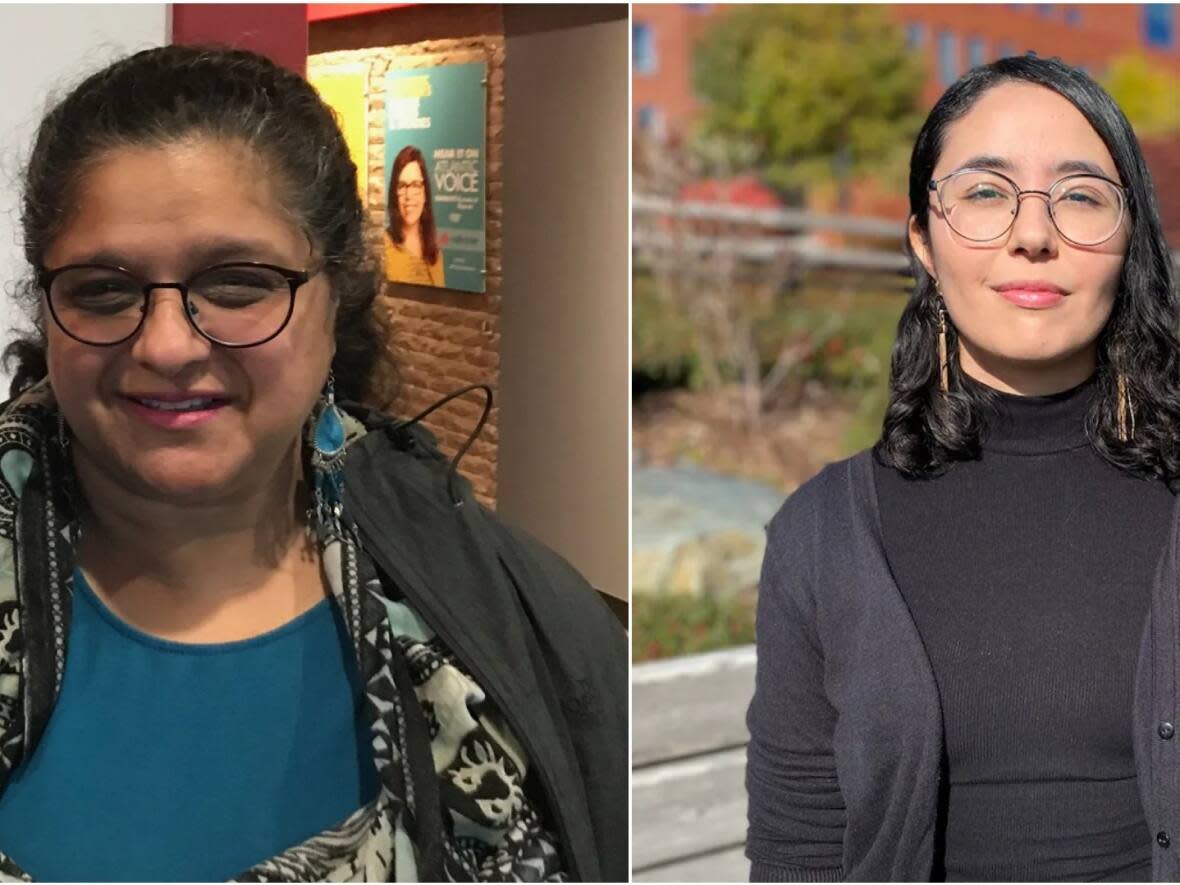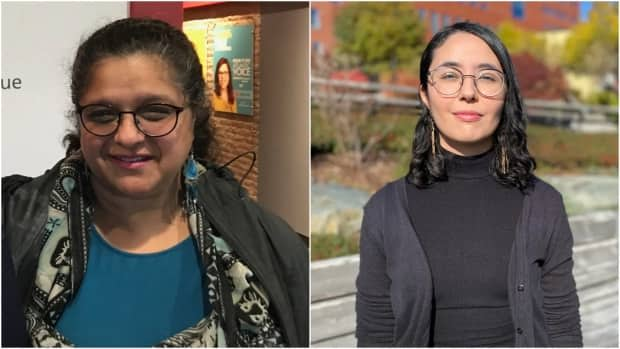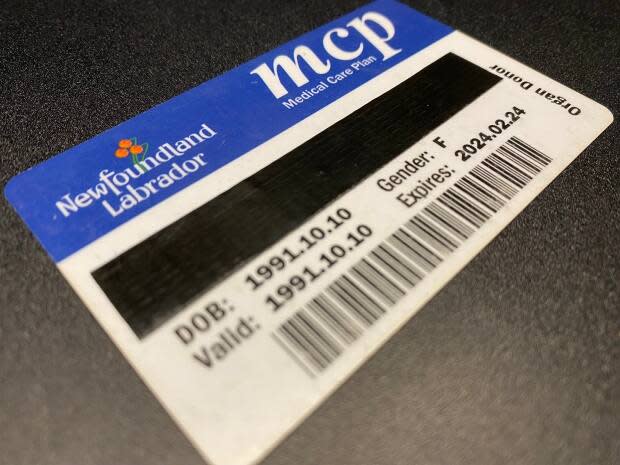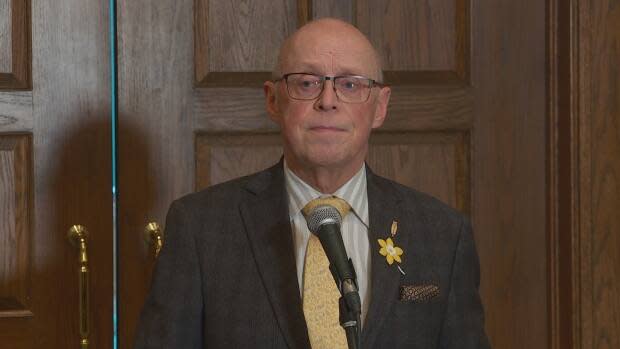MCP coverage needed for all immigrants coming to N.L., says anti-racism coalition


Newfoundland and Labrador's Anti-Racism Coalition welcomes the provincial government's decision to offer MCP and prescription drug coverage to Ukrainians seeking refuge — and says the same should be done for all immigrants entering the province.
Maria Dussan, who leads the coalition's Healthcare for All committee, says the provincial government can do more to help migrants who are falling through the cracks.
"It's disappointing that this swift policy is not also being offered to other migrant groups that are coming to this province," Dussan said Tuesday. "In a lot of cases, migrants who have been studying, working and living in this province for so long are falling through the cracks and [aren't] able to qualify for MCP."
Under current guidelines, Dussan said, migrants whose immigration permits expire in less than a year after they arrive are unable to apply for provincial medical coverage.
The rule also applies to workers who have work contracts less than a year in length, unless the worker has been approved to enter the province through the Newfoundland and Labrador Provincial Nominee Program or the Atlantic Immigration Pilot Program.
The coalition has written a letter to Health Minister John Haggie calling on the provincial government to make MCP access available to all immigrants entering or who are already living in the province, including temporary foreign workers, international students regardless of full-time status, asylum seekers and people stranded in the province due to COVID-19.
Dussan said a lack of coverage can put the health — and even lives — of immigrants and new Canadians in the province at risk.
"People are avoiding seeking medical attention because they are afraid that if they get a potential problem checked out, that they are going to be tangled in this huge amount of debt that is going to jeopardize their future in this province."

Sobia Shaikh, the coalition's co-chair, said she was happy to see swift and compassionate action from the provincial government for Ukrainians but the lack of guaranteed coverage for other migrants could deter others looking to enter the province.
"For folks who've been here longer, people who are not yet here from places like Somalia or Algeria where there's war, it really is a very unwelcoming gesture," Shaikh said.
"I just heard some young people say, 'We're actually being pushed out. We don't have health care, we don't have access to basic necessities to live here readily easily.… We're leaving because we have not been made to feel welcomed.'"
Dussan said having health care guarantees that people's lives are being protected.
"What better way … to retain migrants in this province than to show that they care about people by protecting their lives and protecting their health?" she said.
PC health critic Paul Dinn said Monday that anyone coming into the province should have access to the same benefits as residents.
"The figures we've looked at … a huge bunch of those are temporary immigrants. So if allowing an extension of MCP will keep them here, then that's working in the right place," he said.

The provincial government announced in December that MCP coverage for international post-secondary students is now available for up to 90 days after graduation.
Haggie said Tuesday health-care coverage is tied to federal measures and that the province "stepped up to fill the gap" due to uncertainty around visas being given to people coming to Newfoundland and Labrador from Ukraine.
Haggie said the Department of Health is unaware of systemic gaps in the province's visa coverage but he has heard from people who believe they have fallen through the cracks.
"I would suggest that 90 per cent of those are communication and paperwork issues, and we've resolved pretty well most of them."


